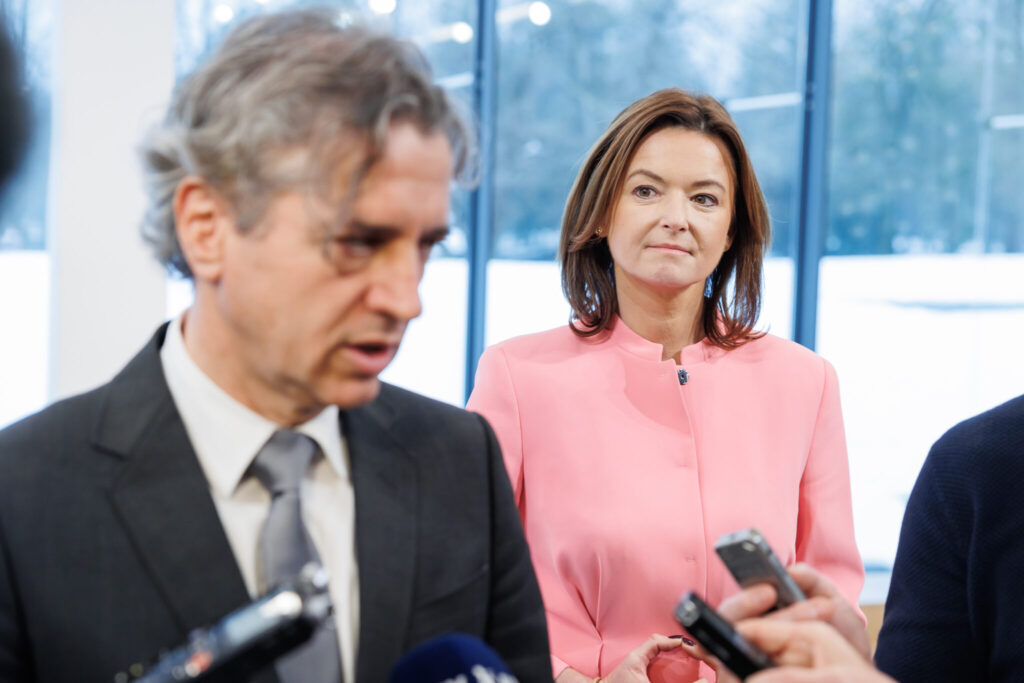The level of trust in the work of the government of Robert Golob has suffered a new blow. While trust has been falling consistently since the end of last year, the confidence level measured in the opinion poll conducted between the 18th and the 20th of March was the lowest ever. “At -18, it is 40 points lower than the highest confidence level measured last June, when it was at +22,” the public opinion poll agency Valicon said. Another survey was then carried out, which recorded a further drop in support for the government.
“Just over a week later, the Mirror of Slovenia (Ogledalo Slovenije) survey, the results of which will be published in the coming days, recorded an even worse level of trust in the government as an institution, at -37. The difference can be partly attributed to the context of the survey, as in the first case, the question refers specifically to trust in the government “in making decisions, responding to crisis situations and running the country in general”, regardless of whether or not this government is politically supported, and in the second case, the question refers to general trust in the government, as one of the almost 30 institutions observed, and partly to events in the days between the two measurements (statements by the Prime Minister on reforms and communication by parts of the government in this regard),” the agency wrote.
The average rating of the government’s performance in each area is also falling, they explained. The government scored worst in the area of communication with citizens. It is worth noting that the former opposition, which took on the “The Constitutional Arch Coalition” during the previous and reformist government of Janez Janša, based a significant part of its criticism of the government on misguided communication, so it is highly significant that voters think that this is the area in which the government performed worst. It received a score of 2.4 in March this year, up from 3.1 in August last year.
Given that the Covid-19 virus has all but disappeared from the mainstream media, it is not surprising that the ratings are unchanged and that this is also the government’s best-rated work.
“The lowest rating for government action was in the area of rising prices (2.3), the score here was half a point higher in August last year,” Valicon said.
The results of the government’s timid pro-Russian stance
A particular chapter of the survey is dedicated to the marked shift in the population’s attitude towards the war in Ukraine. While there was no doubt about the foreign policy orientation of the Janša government, the Golob government, and with it its foreign minister Tanja Fajon, have taken a different approach, which, while outwardly pro-Western, is inwardly anything but that. We need only recall how the ruling coalition rejected a declaration that would have labelled Russia a state sponsor of terrorism. During Robert Golob’s term in office, letters were also leaked by transition influential people, led by Milan Kučan and Danilo Türk, calling on world leaders to immediately end the war in Ukraine, which were quickly interpreted by the professional public as a pro-Russian pamphlet. In short, the government’s subtle work and the coordinated media coverage has borne fruit.
“The majority of respondents, 63 percent, hold Russia responsible for the war, which is eight percentage points less than in March last year. On the other hand, this time almost half of the respondents, 47 percent, also hold the USA responsible for the war in Ukraine, which is ten percentage points more than a year ago,” Valicon also wrote.
Gal Kovač


